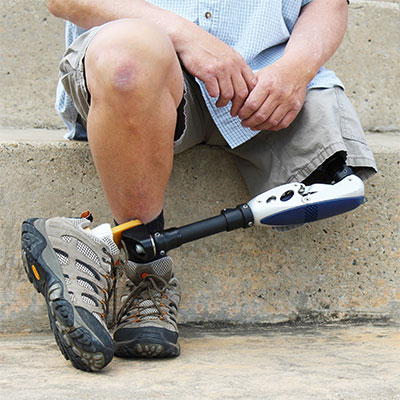Lower Limb Prosthesis
After someone loses a leg, how do you assess their ability to walk? How do you know which artificial leg to use? See our analysis of the tests that help doctors make these decisions.

The Center for Evidence Synthesis in Health conducts projects that advance cross-disciplinary research in research synthesis and evidence contextualization. Products of our research include:
These initiatives involve Center faculty, staff, undergraduate and graduate, post-doctoral scholars and faculty, from Brown, area hospitals, and beyond.
After someone loses a leg, how do you assess their ability to walk? How do you know which artificial leg to use? See our analysis of the tests that help doctors make these decisions.

What are the best non-surgical treatments for urinary incontinence in women? Here's what our team learned after reviewing 251 research studies.

What do we know about the effectiveness and safety of current treatments for Basal cell carcinoma and squamous cell carcinoma? Our team at the Center for Evidence Synthesis In Health looked at more than 100 studies to find out.
